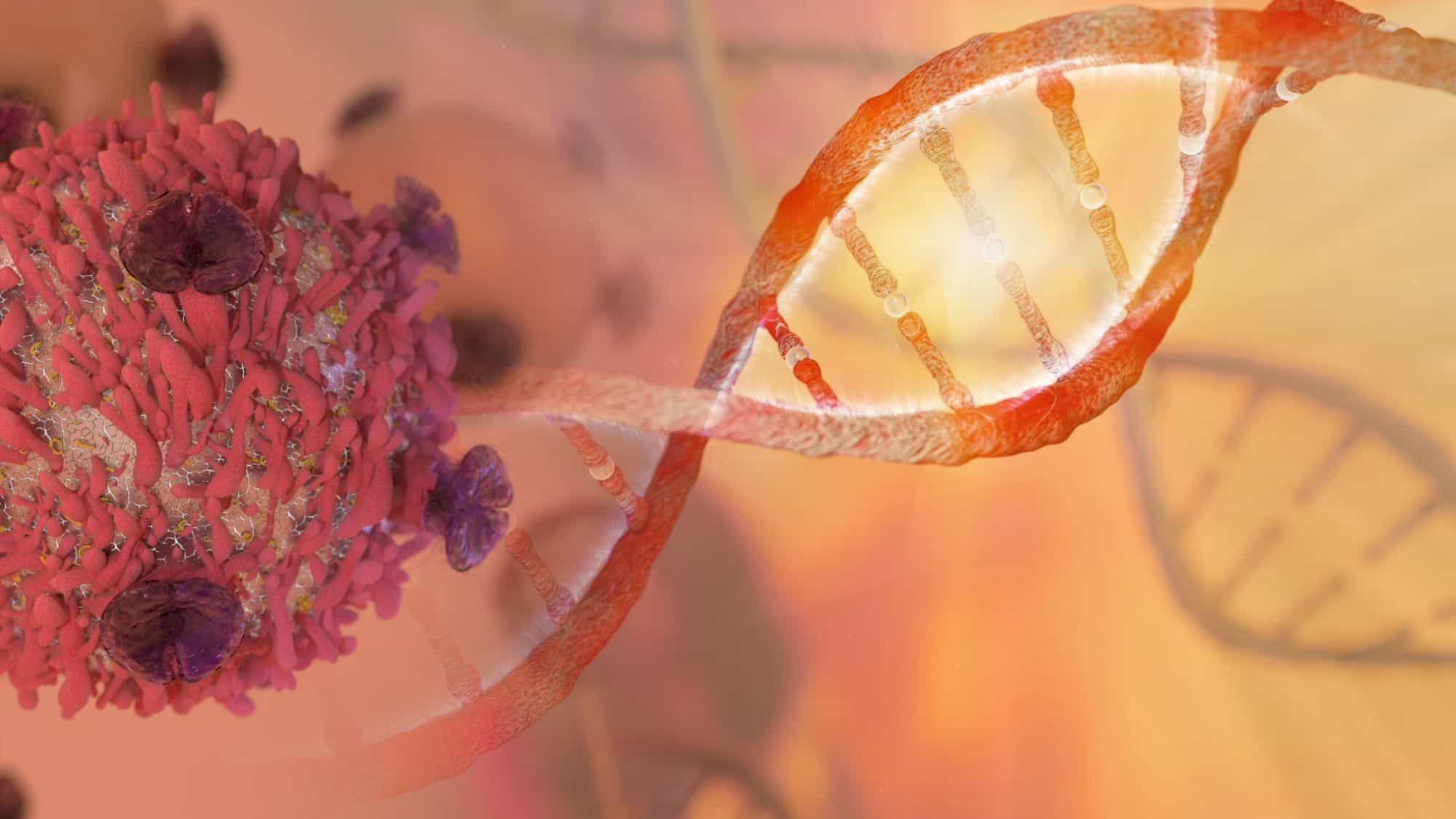Better Understanding of Autoimmune Diseases
The diagnosis of multiple sclerosis, ankylosing spondylitis, rheumatoid arthritis or neurodermatitis, i.e. an autoimmune disease, represents a severe turning point for every person.
Often this is associated with the impression that these are genetically determined and that a causal treatment is therefore not possible. Unfortunately, this is often suggested to the patients. What apparently remains is a path of suffering from one therapy to the next and the seemingly hopeless battle with the constant side effects.
In fact, autoimmune diseases are genetically determined, but in each person to a different degree and with a different course.
Genetics is only one side of the coin.
How genes “express” themselves, i.e. how active they are, is called gene expression and this is determined by so-called epigenetic factors. We have a great influence on these epigenetic factors and can thus influence the expression of the disease and, in the best case, bring it to rest.
Such epigenetic factors include general lifestyle, psychological influences such as stress, trauma and grief, certain vital substances and also past or current infections play a role.
In this respect, every person affected has a great influence on their illness and their quality of life.
Autoimmune diseases are caused by changes in the immune system. Rebalancing the immune system, eliminating active or reactive infection, and substitution with vital substances are through a complementary
immunotherapy
in our practice a very useful approach to support in this difficult situation.
Development of autoimmune diseases
Like chronic diseases, certain autoimmune diseases (e.g. type 1 diabetes mellitus or multiple sclerosis) are on the rise. They now represent the third most common disease group after cardiovascular and tumor diseases.
There are approximately 80-100 different autoimmune diseases.
The characteristic of these diseases is that our immune system, which is normally supposed to protect us from pathogens, now attacks and destroys our own body cells. This can affect all cells in our body and the range of possible diseases is correspondingly large.
For this reason, the symptoms, especially in the initial stage, are often very diffuse and unassignable, and patients often report an odyssey of doctor visits, examinations and treatment attempts.
Autoimmune diseases lead to inflammatory reactions that, if left untreated, can lead to the destruction of tissues and organs.
Such autoimmune diseases can be limited to specific organs (ulcerative colitis, Crohn’s disease, diabetes mellitus type 1, multiple sclerosis, Graves’ disease, Hashimoto’s thyroiditis) or spread to the entire body, such as in diseases of the rheumatic type (rheumatoid arthritis, lupus erythematosus, Sjögren’s syndrome, scleroderma etc.) or the skin (psoriasis, neurodermatitis).
An overview of autoimmune diseases and further information can be found on the website der “German Society for Autoimmune Diseases e.V.”.
Causes
“The causes for the occurrence of autoimmune diseases are very diverse and complex. An autoimmune disease can only be triggered by the interaction of various factors…
The causes include:
- Impaired regulation of the immune system, loss of tolerance
- Exogenous (triggering) factors, such as
- Stress
- Viruses, bacteria, parasites
- Medications
- Environmental pollutants
- Gender (female > male)
- Genetic factors
- Special immunological situation, e.g. pregnancy
- Accompanying disease in malignancies”1
But also, sometimes a long time ago, past infections, diet, changes in the composition of our intestinal flora, heavy metal contamination and the supply of micronutrients to the body are increasingly coming into focus and play an increasing role as triggers or triggers of autoimmune diseases and for the severity of the symptoms.
Source:

